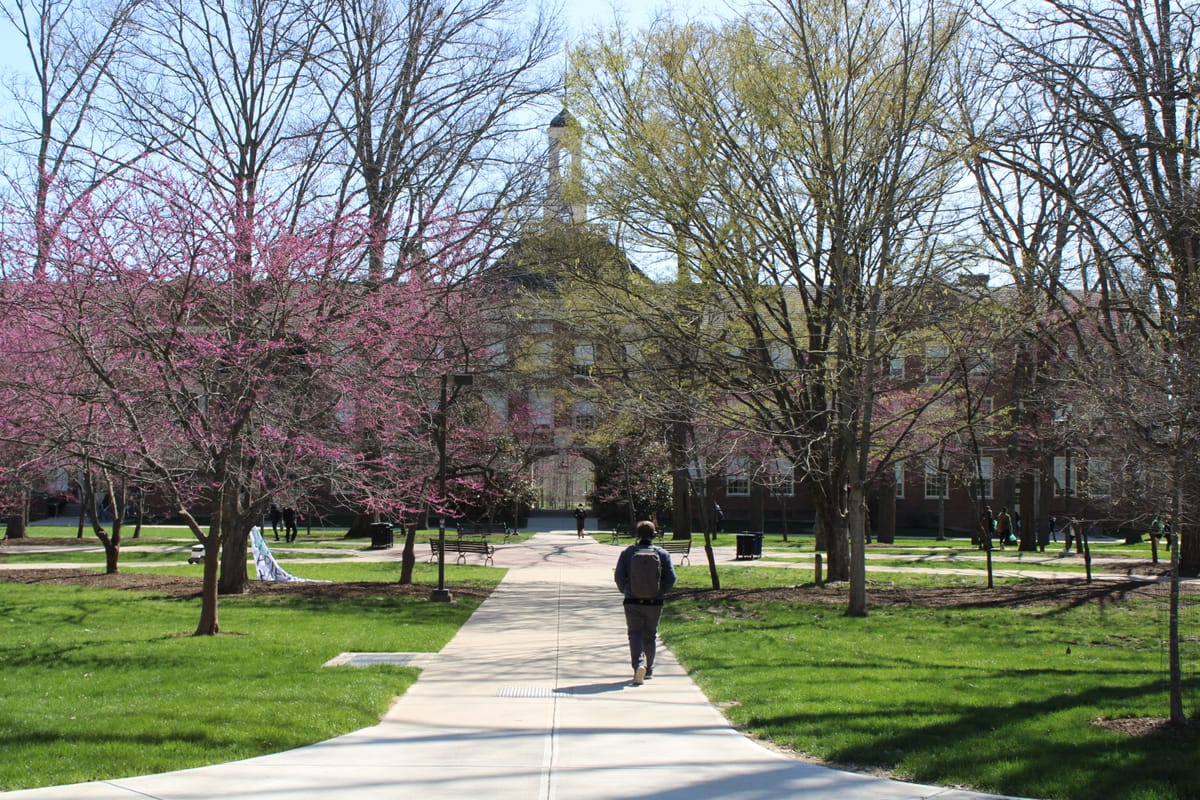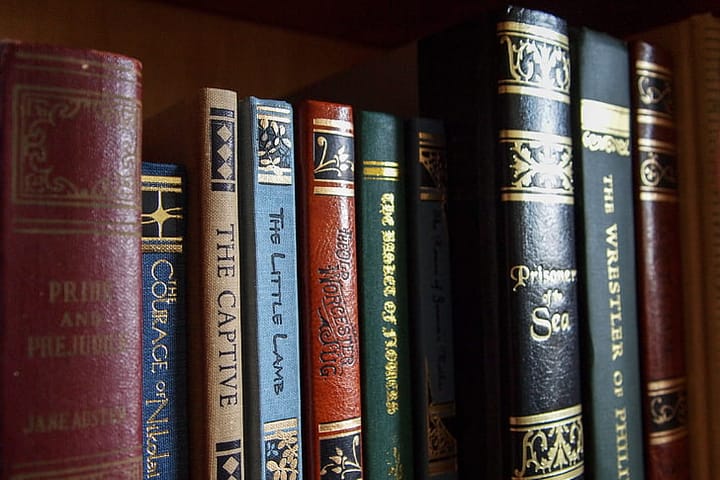Artificial intelligence and the lure of utopia
Guest Columnist Matthew Smith writes that the capabilities of AI promote a "utopian fantasy" that we must turn away from.

There are no quick fixes to the challenges of AI. Facing an alien intelligence capable of outperforming, outthinking and outsmarting us poor Homo sapiens, what can we look forward to?
Potentially, utopia.
Imagine never having to clock in at the office or update your resume (just as well, since robots have taken all the jobs)? No need, either, to work out or eat your greens. Every sickness, from cancer to diabetes, is curable, so knock yourself out with those Flamin’ Hot Cheetos!
Our world is built, in any event, not by atoms but digital bits. In this universe, we are all impossibly attractive, our jiggly flesh replaced by shining avatars.
Likewise, in this imaginary future, no more boring schoolwork, since all our thinking is taken care of. AI can articulate our most mundane thoughts with Shakespearean eloquence, even if we’ve never heard of William Shakespeare. Increasingly incapable of critical thought, we are all still technically geniuses.
We are unemployed also, but remarkably wealthy. Such wealth is measured not in dirty old dollars but by pristine chains of digital currency, automatically topping themselves up with every transaction. Whatever we want, we get, thanks to our bottomless piggy banks of universal basic income.
And yet we must snap out of this fantasy.
It is no accident that the word “utopia,” patched together from Greek and Latin roots, means “no place.” In his 1516 satire of the same name, author Sir Thomas More warned readers against the delusions of his own times, overclouded by religious warfare and the persecution of witches and heretics.
If today’s techno-boosterism feels similarly utopian, then maybe we should heed Geoffrey Hinton, the Nobel Prize-winning computer scientist and “Godfather of AI.” Like More (who wound up beheaded by King Henry VIII), Hinton is a mild-mannered English scholar increasingly at odds with the madness of his times. A pioneer in the field of AI, Hinton retired from Google at the height of his fame to lobby for AI regulation.
“And how many examples do you know of a more intelligent thing being controlled by a less intelligent thing?” Hinton asked in a recent interview. “There are very few examples. There’s a mother and baby. Evolution put a lot of work into allowing the baby to control the mother, but that’s about the only example I know of.”
Unlike older technologies such as fire or the wheel, AI is not simply a “tool” but an agent. It is capable of acting independently, downloading copies of itself and upgrading its own design.
The process of “machine learning” drives an AI to discover its own skills, knowledge and understanding, like a toddler experimenting with toy blocks. Such entities will soon be able to share knowledge, skills and experience with fellow AIs, weaving together a hivemind of formidable superintelligence. And yet their inner workings are obscure even to those, like Hinton, who built the technology.
One day soon, the machines may turn on their creators. Until then, as a college humanities professor, I worry more about outsourcing our grey matter. One recent study, for example, connects chatbot usage to physical atrophy of the brain. No joke. In light of such dependence, I fear that students will simply give up. Why struggle to write an essay or plow through a textbook anymore?
While I’m no expert on AI, its dangers are too great to be left to the experts, much less to big tech billionaires and politicians. As citizens, we must educate ourselves and one another concerning such technology and resist the lure of utopian nonsense.
Matthew Smith is a visiting assistant professor of history at Miami University Hamilton, where he serves as Regionals Director of Public Programs.




